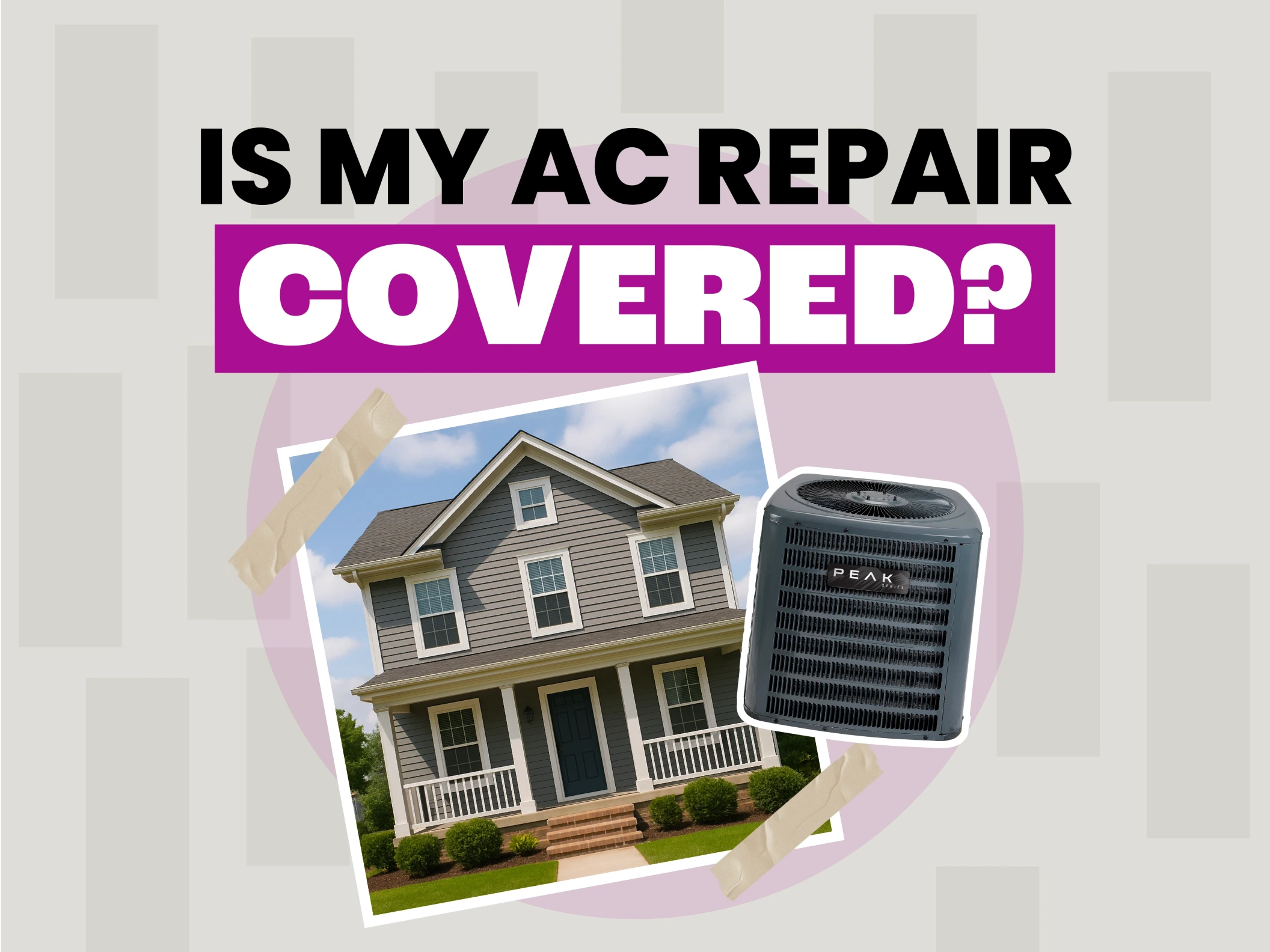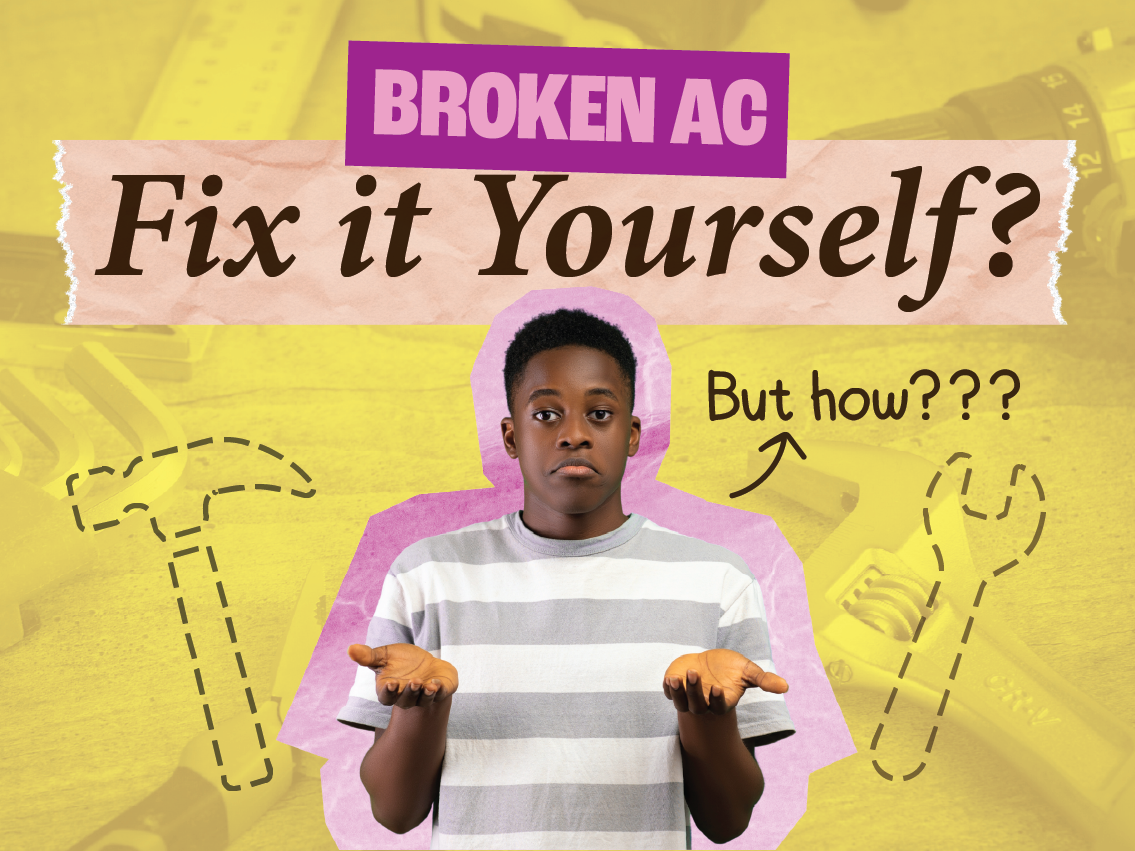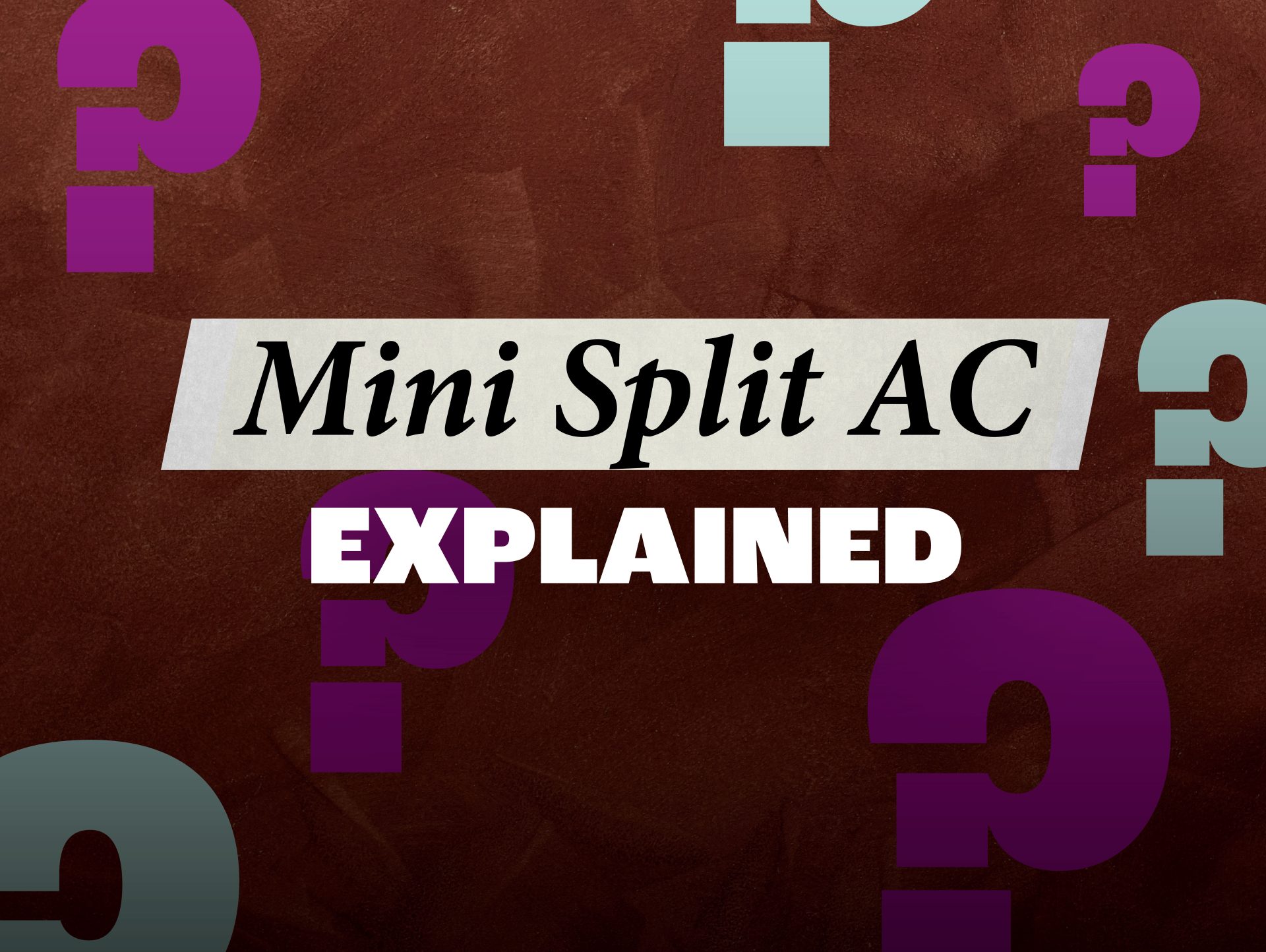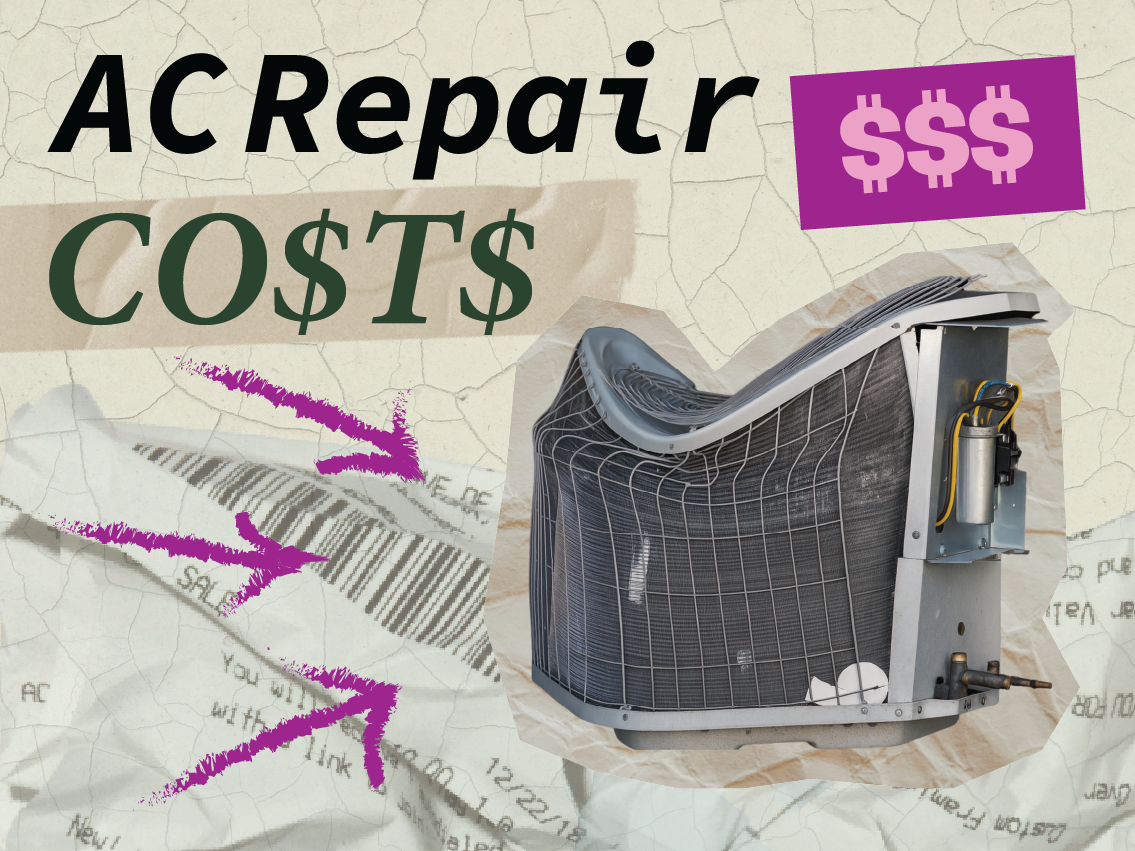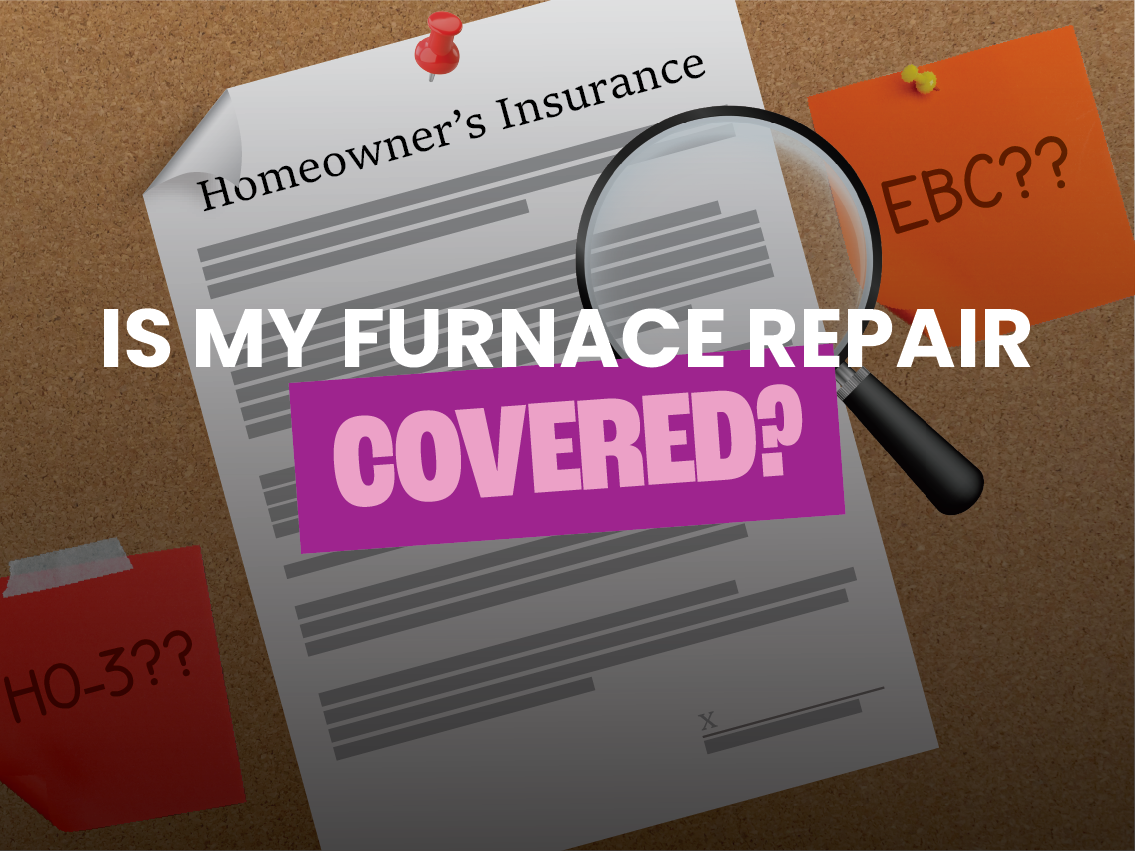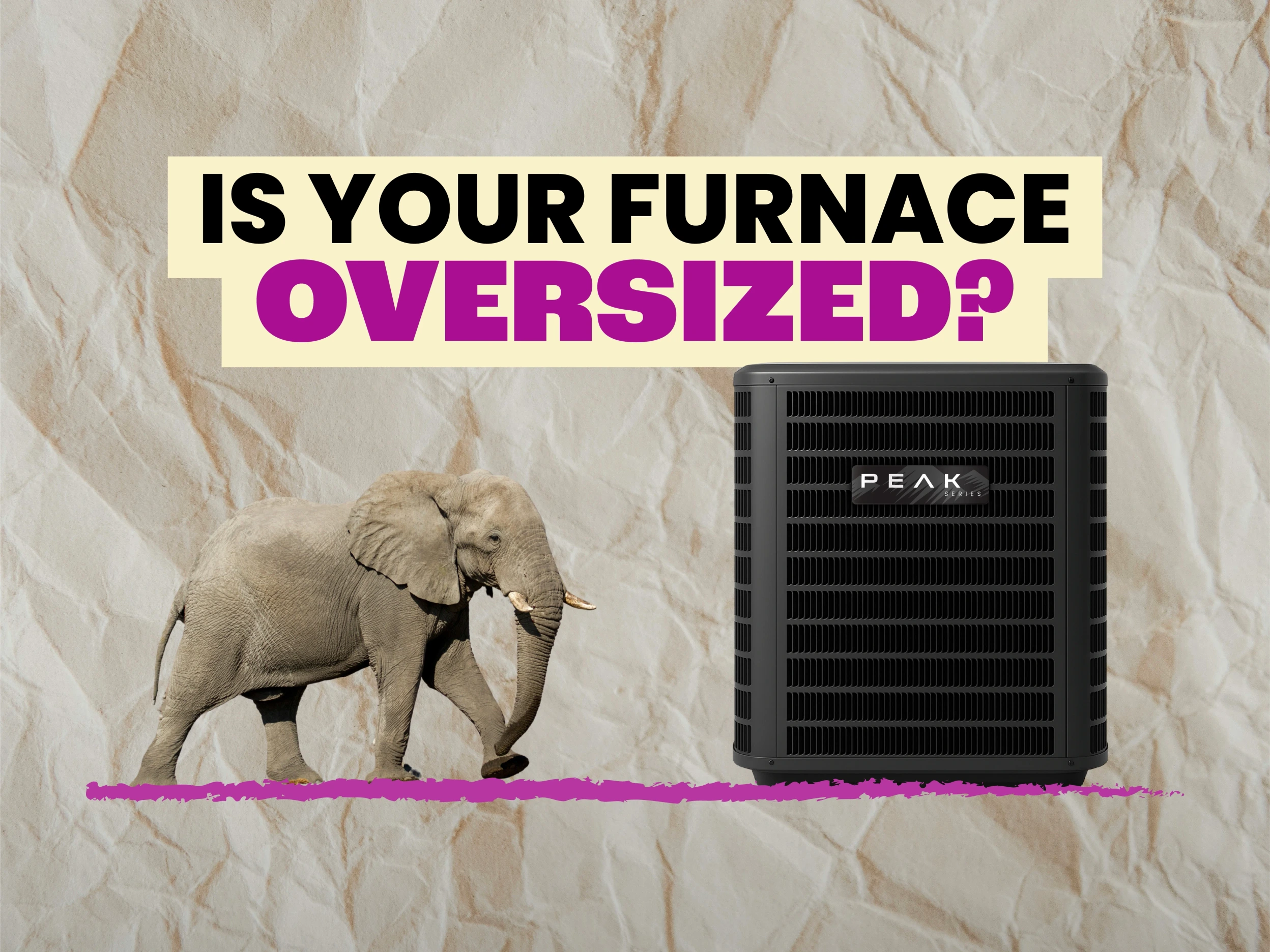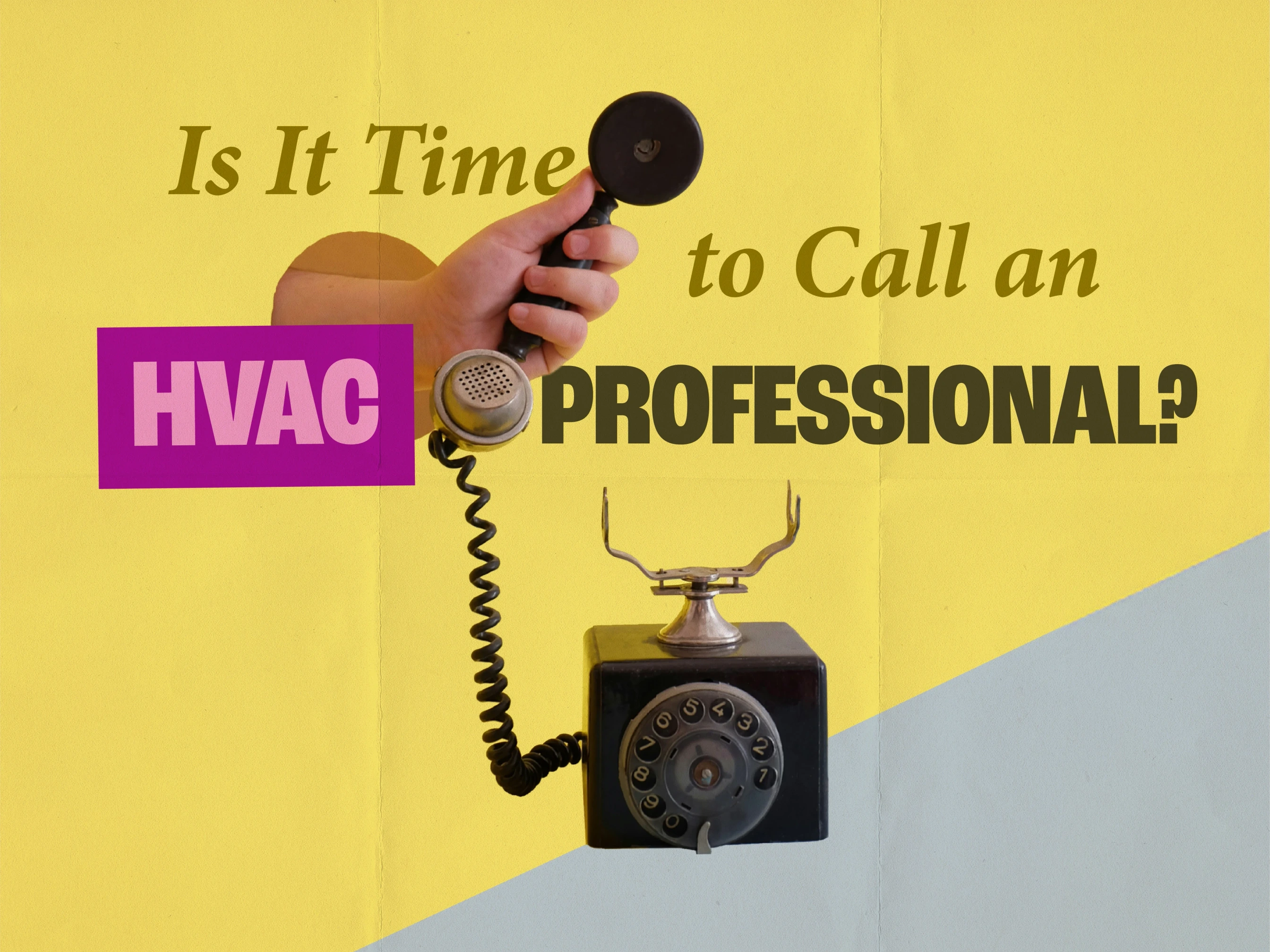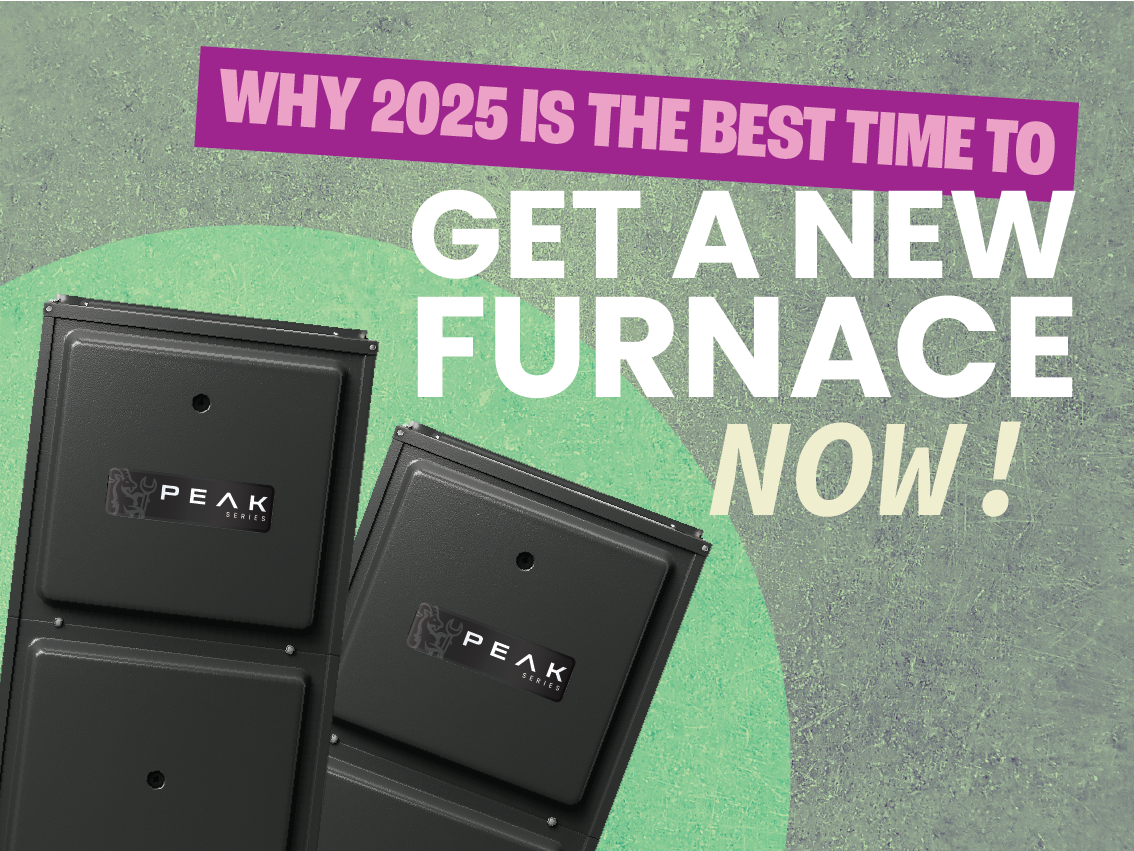Picture this: winter’s chill is settling in, and your furnace stops working. You wonder, “Will my homeowners' insurance cover this?” The short answer? It depends. But don’t worry—this guide breaks it down simply, helps you know when coverage applies, and when it doesn’t. If you’ve ever wished policy language were explained in plain English, this is the blog for you!
Topics Covered:
- Why Understanding Insurance Coverage Matters
- What Is Typically Covered
- What Is Not Covered (Wear and Tear & Mechanical Failure)
- Optional Equipment Breakdown Coverage (EBC)
- What Varies by State
- What You Can Do: Tips for Homeowners
- The Verdict
Why Understanding Insurance Coverage Matters
Insurance sounds great—until you try to use it. Knowing when your furnace repair is covered (or excluded) can save you money, frustration, and a cold home. Let’s make insurance less spooky and more neighborly.
What Is Typically Covered
According to MoneyGeek, HO-3 policies, also known as Homeowners policies, typically include your furnace under Dwelling Coverage. Your dwelling coverage covers damage that happens due to a sudden and accidental event, like a fire, lightning strike, burst pipe, fallen tree, or vandalism. In cases like these, your policy may cover repair or replacement costs after your deductible.
What Is Not Covered (Wear & Tear, Mechanical Failure)
If your furnace fails due to normal aging, routine wear and tear, maintenance neglect, or mechanical breakdown, Insuranceopedia states that your standard homeowners' insurance typically does not cover the cost. That means no payout for clogged filters, faulty motors, or just “it got old.”
Optional: Equipment Breakdown Coverage (EBC)
But don’t worry, we still have some good news: there’s an add‑on for furnace coverage! In some states, insurance companies like Lemonade will offer optional Equipment Breakdown Coverage or EBC. EBC covers mechanical or electrical failures not included under standard policies, such as sudden motor burnouts. This add-on may cover furnaces, HVAC systems, dishwashers, and more, depending on each policy.
What Varies by State
Insurance policies broadly operate the same across the U.S. Standard homeowners insurance will cover furnace repairs only if the damage is caused by sudden events like fires or frozen pipes, not wear-and-tear or mechanical failure. But the details and available add-ons can differ.
What You Can Do: Tips for Homeowners
- Review your policy – Look at "Dwelling Coverage" and check if the furnace is included and what perils are covered.
- Ask your agent – Is Equipment Breakdown Coverage available? What’s the deductible, and does it apply to your furnace?
- Document maintenance – Keep receipts or records to show your furnace was properly cared for—this helps if a repair originates from a covered peril.
- File early – If damage is sudden (like fire or storm), report it promptly to your insurer with photos.
The Verdict
Homeowners insurance typically protects your furnace in cases of sudden, accidental damage caused by covered events like fire or bursts. But it does not cover failures due to aging, neglect, or routine wear. Equipment breakdown endorsements can fill that gap—if offered in your state. Your best move? Read your policy, talk to your agent, and document everything. That way, you'll stay warm—even when the unexpected happens.














